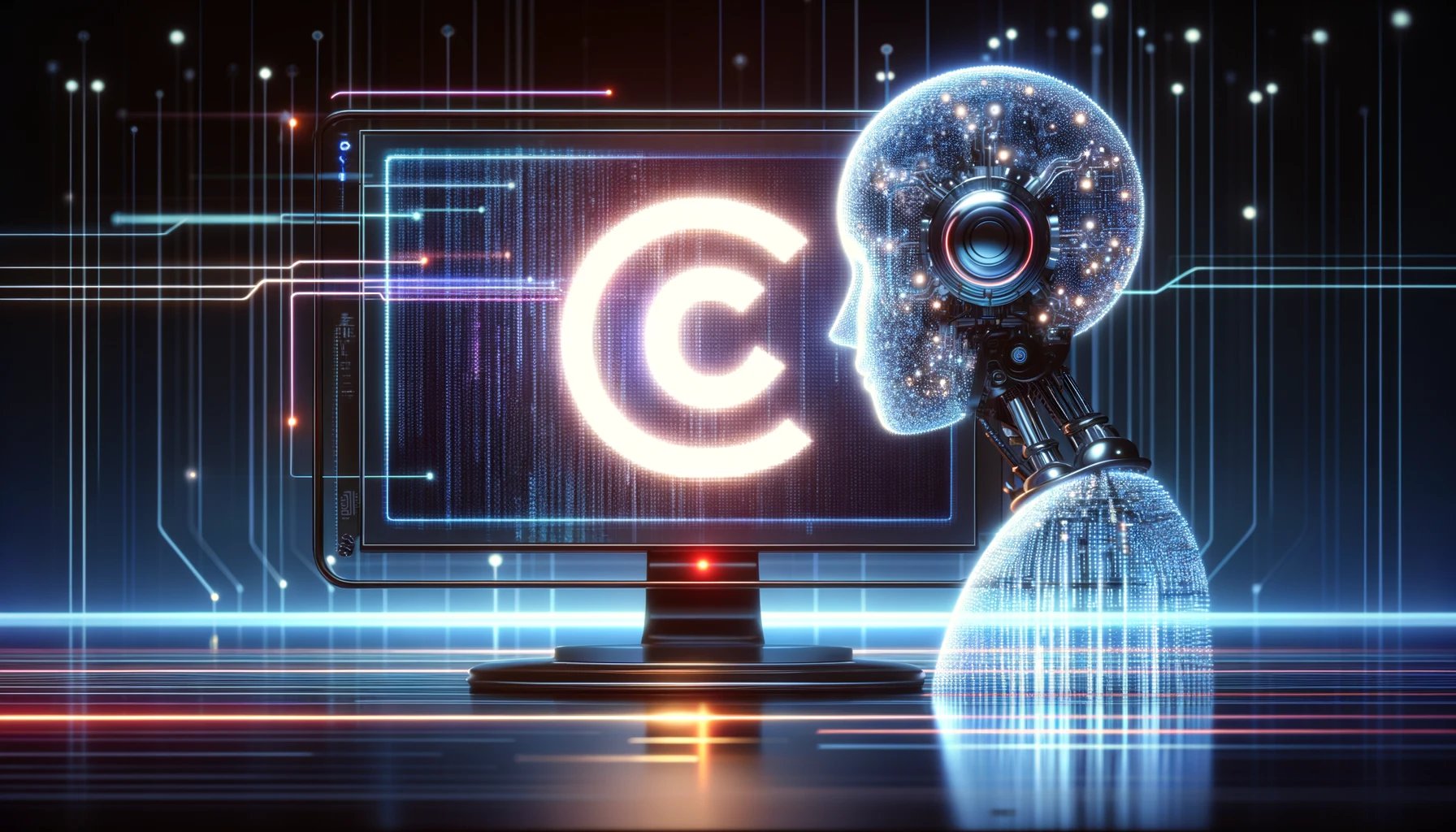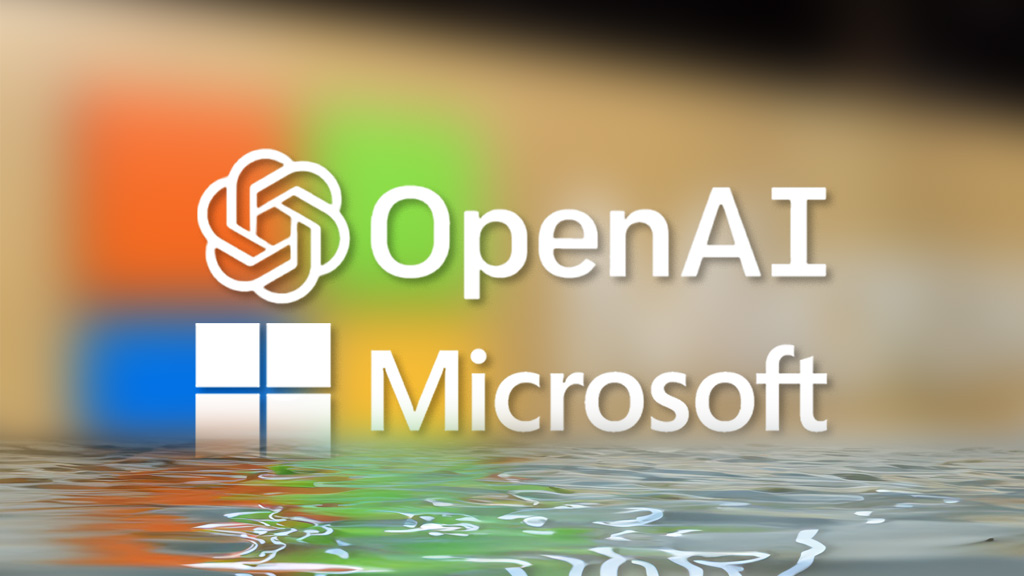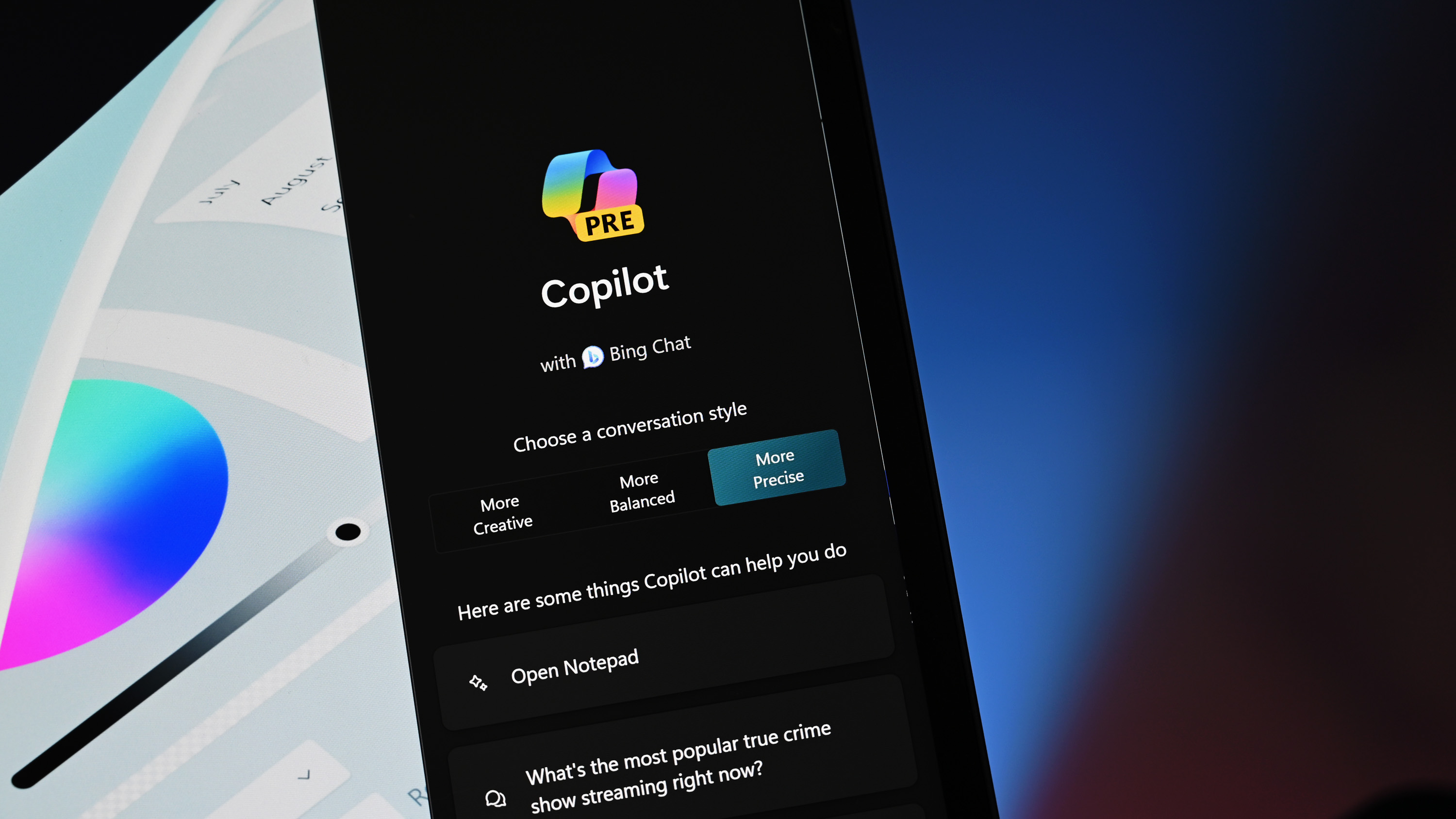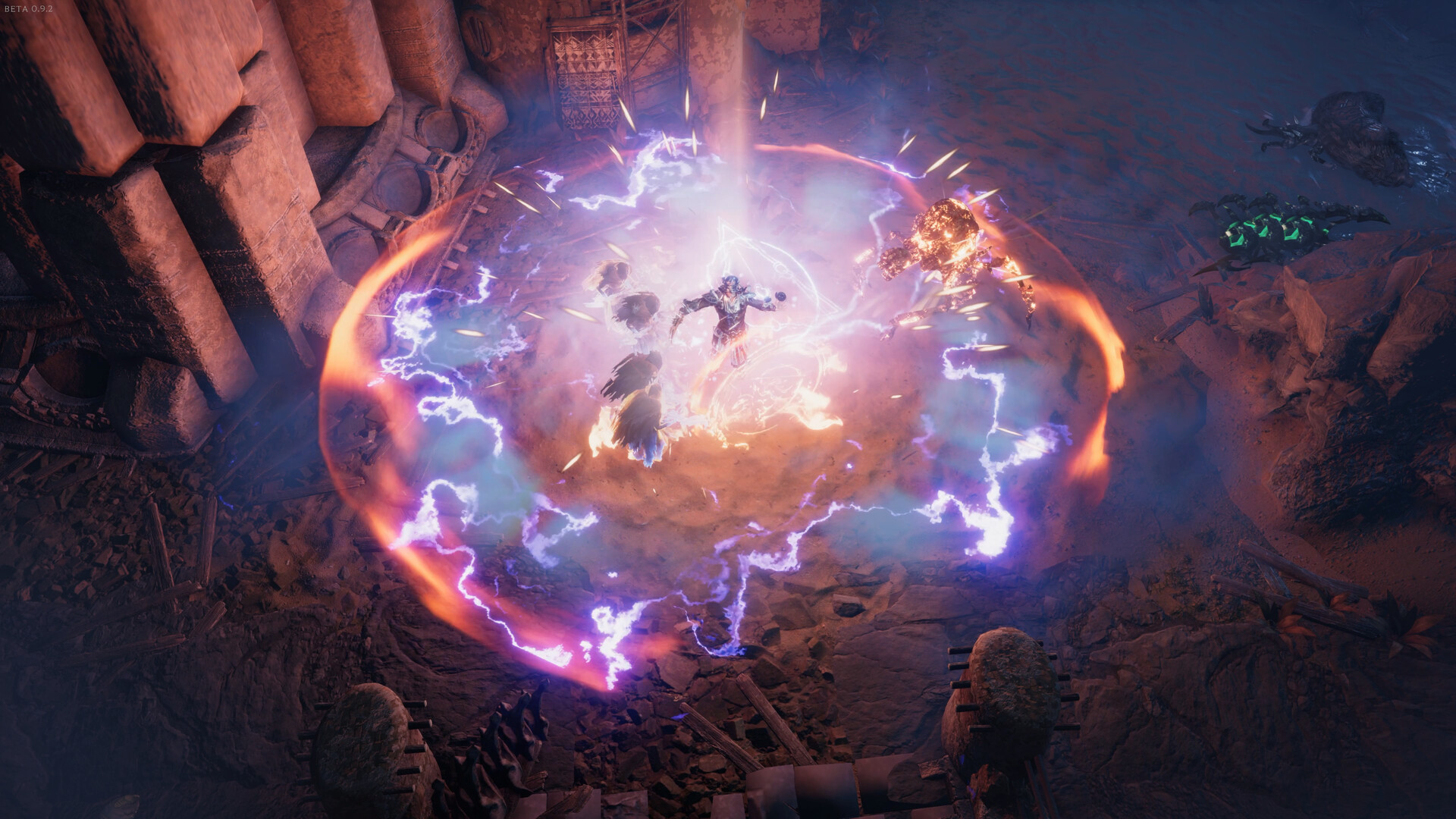Microsoft wants YOU to be sued for copyright infringement, washes its hands of AI copyright misuse and says users should be liable for copyright infringement
Microsoft believes they have no liability if an AI, like Copilot, is used to infringe on copyrighted material.

What you need to know
- The U.S. Copyright Office is looking at new regulations on copyrighted material and AI.
- AI developers say generative AI is no different than using a video camera and recording what is already available in the world.
- Microsoft has made statements stating that the AI can't generate anything unless prompted by a user, pointing the blame to the end user.
With the recent news coming out of OpenAI, that there might have been some unsafe AI development going on that led to the ousting of Sam Altman by the OpenAI board of directors, there is going to be an even bigger magnifying glass on AI development going forward. Sam Altman appears to have returned to OpenAI now, but the fight to develop AI safely, and with regard to current laws, is even more important now.
Even though Sam Altman and Satya Nadella seemed to have come out on top of this latest crisis, there are still regulatory issues, especially if there is any shred of truth that safety is not being prioritized at OpenAI. As reported by CartoonBrew.com, one of these regulatory issues they have to face going forward is how to handle copyright issues, especially when it comes to misuse or defacement of copyrighted materials.
When a person uses an AI application to create expressive works, it is possible that AI generated outputs may infringe copyright if the output is substantially similar to a previous work. Just like using any other general purpose tool, such as a photocopy machine, camera, computer, smartphone, users must take responsibility for using the tools responsibly and as designed. When users employ AI tools to create allegedly infringing works, courts should undertake the same considerations they would in an
Microsoft
Is it illegal to use AI to generate copyrighted material?

There seems to be no argument that using copyrighted materials in AI-generated images without permission, especially outside of the bounds of the law, would be deemed illegal. Microsoft argues that there are still protections for fair use, though, especially with the training of AI models. Even if there was an instance of copyright infringement that didn't fall under fair use, in Microsoft's eyes, that would be like going after Apple because somebody used an iPhone to take a picture of a painting and then sold it digitally online as their own. If you would like to read all of Microsoft's responses to the U.S. Copyright Office, you can download the response from regulations.gov.
Microsoft isn't the only company to offer responses to this inquiry from the Copyright Office. Google, DALL-E developer OpenAI, and Microsoft all wrote responses which can be seen at regulations.gov. (just search for the company to see its response)
All of this is in response to huge copyright monarchies like Disney complaining about generative AI being used to create lewd, or destructive images that feature their intellectual copyright as reported by the Financial Times. The now infamous Offensive Pixar meme is one of the examples of why these companies want to protect their IP.
So this all comes down to, according to Microsoft, that it is providing a tool, and it is up to users to use that tool within the law. Microsoft says that it is taking steps to prevent the infringement of copyright by Copilot and its other AI products, however, Microsoft doesn't believe it should be held legally responsible for the actions of end users.
What about protecting creators' and artists' work from being stolen by AI?

Microsoft actually had a lot to say about this, and it was mostly positive, but it could be all platitudes and empty promises. However, they didn't seem to broach the topic of compensation for the original creators, an issue that has been bubbling up more and more, especially amongst the journalism community.
Get the Windows Central Newsletter
All the latest news, reviews, and guides for Windows and Xbox diehards.
Paul Tassi posted on X (Twitter) a response to another journalist upset with generative AI harming click-through rates to content. Language warnings on some of these posts. Paul Tassi said, "AI comes for us all For guides especially it’s…quite literally just plain stealing. AI is not playing the game, AI is scraping ten guides and vomiting them up so no one gets views or revenue"
This is a bigger issue in my opinion than what is mostly being discussed by Microsoft in their argument about artists, as the written word is a much easier thing to reference without giving proper credit to. However, this is what Microsoft says its viewpoint is on the creator issue with generative AI.
Microsoft is willing to work with artists, authors, and other content creators to understand concerns and explore possible solutions. We have adopted and will continue to adopt various tools, policies, and filters designed to mitigate the risk of infringing outputs, often in direct response to the feedback of creators. This impact may be independent of whether copyrighted works were used to train a model, or the outputs are similar to existing works. We are also open to exploring ways to support the creative community to ensure that the arts remain vibrant in the future.
Microsoft
Microsoft seems to be saying the right words here, but we will have to see if it backs it up with actions. There needs to be a kickback to every website that is referenced when a query is referencing it. This should be done for basic searches as well, otherwise, the incentive for authors, artists, and journalists to continue creating new content dwindles until the generative AI will have no content left to feed its training models.
What do you think about Microsoft placing the blame on end users if the users use AI to violate copyright laws? Do you agree with their arguments? Do you think AI models should be given monetary compensation to the websites used to scrape data from? Let us know in the comments.

Colton is a seasoned cybersecurity professional that wants to share his love of technology with the Windows Central audience. When he isn’t assisting in defending companies from the newest zero-days or sharing his thoughts through his articles, he loves to spend time with his family and play video games on PC and Xbox. Colton focuses on buying guides, PCs, and devices and is always happy to have a conversation about emerging tech and gaming news.
